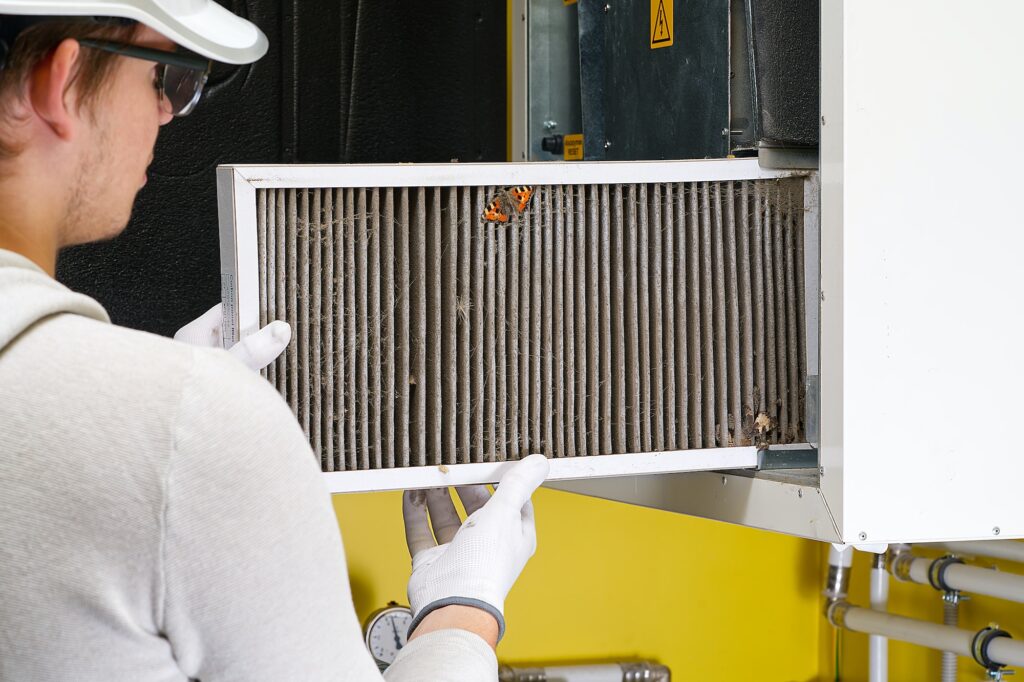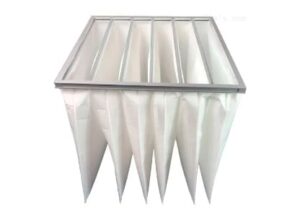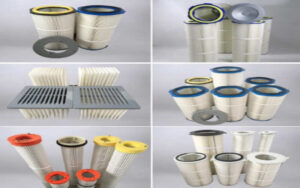HEPA (High-Efficiency Particulate Air) filters are vital components of advanced air purification systems, renowned for their ability to capture and eliminate 99.97% of airborne particles as small as 0.1 microns. They play a critical role in improving air quality across diverse environments, including healthcare facilities, commercial spaces, and homes. This article explores the functionality, lifespan, and maintenance considerations for HEPA filters, offering practical guidance for ensuring their optimal performance.

Understanding HEPA Filters
What Are HEPA Filters Used For?
HEPA filters serve as essential tools in infection control and air purification, particularly in environments requiring stringent air quality standards:
- Healthcare Settings: Critical for infection prevention in hospitals and clinics.
- Educational and Commercial Spaces: Improve air quality in schools, universities, offices, and other workplaces.
- Residential Applications: Enhance indoor air quality for homes, contributing to healthier living environments.
Factors Affecting HEPA Filter Longevity
Usage Environment
The lifespan of a HEPA filter is significantly influenced by the setting in which it operates:
- Residential Use:
- Smaller air purifiers are used intermittently in confined spaces.
- Filters in these systems can last 2–3 years before requiring replacement.
- Commercial or Healthcare Use:
- Larger, more robust systems clean air in expansive spaces.
- Filters in these settings often need replacement every six months, due to higher air volumes and stricter regulations, such as HSE Control of Substances Hazardous to Health (COSHH).
Operating Frequency
Continuous operation shortens the lifespan of HEPA filters, as the accumulation of pollutants gradually clogs the filter medium.
Replacement Guidelines for HEPA Filters
General Recommendations
- Residential Settings: Replace filters at least every two years, and no more than every three years.
- Commercial or Healthcare Settings: Replace filters every six months to comply with regulatory standards and maintain efficiency.
Situational Replacements
Regular inspection is essential to detect signs indicating the need for immediate replacement, such as:
- A musty odor emanating from the purifier.
- Visible damage or clogging of the filter medium.
Can You Clean a HEPA Filter?
Manufacturer Recommendations
Cleaning HEPA filters is generally discouraged unless explicitly advised by the manufacturer. HEPA filters are constructed from delicate materials, and improper cleaning methods can compromise their integrity.
Risks of Cleaning
- Vacuuming or Rinsing: May damage the filter’s fibers, reducing its efficiency.
- Impact Cleaning: Banging the filter can dislodge particles but may also deform the structure.
If cleaning is permitted, always adhere strictly to the manufacturer’s guidelines to avoid filter damage.
Comparative Table: HEPA Filter Maintenance Across Settings
| Setting | Lifespan | Replacement Frequency | Additional Notes |
|---|---|---|---|
| Residential | 2–3 years | Every 2–3 years | Inspect regularly for odors or damage. |
| Commercial/Healthcare | 6 months or less | Every 6 months | Replace more frequently under heavy usage. |
| Cleaning Recommendation | Rarely advised | Follow manufacturer guidelines | Avoid unless explicitly approved. |
Advanced Air Purification Solutions
HEPA filters form the backbone of modern air purification systems, ensuring cleaner, healthier environments. From residential to industrial applications, understanding the proper maintenance and replacement schedules is essential to sustaining their effectiveness.
Whether for homes, workplaces, or healthcare facilities, selecting the right purification system and adhering to recommended maintenance practices ensures optimal air quality and longevity of the equipment. Explore our comprehensive range of advanced air purification systems and replacement filters tailored to your specific needs.






